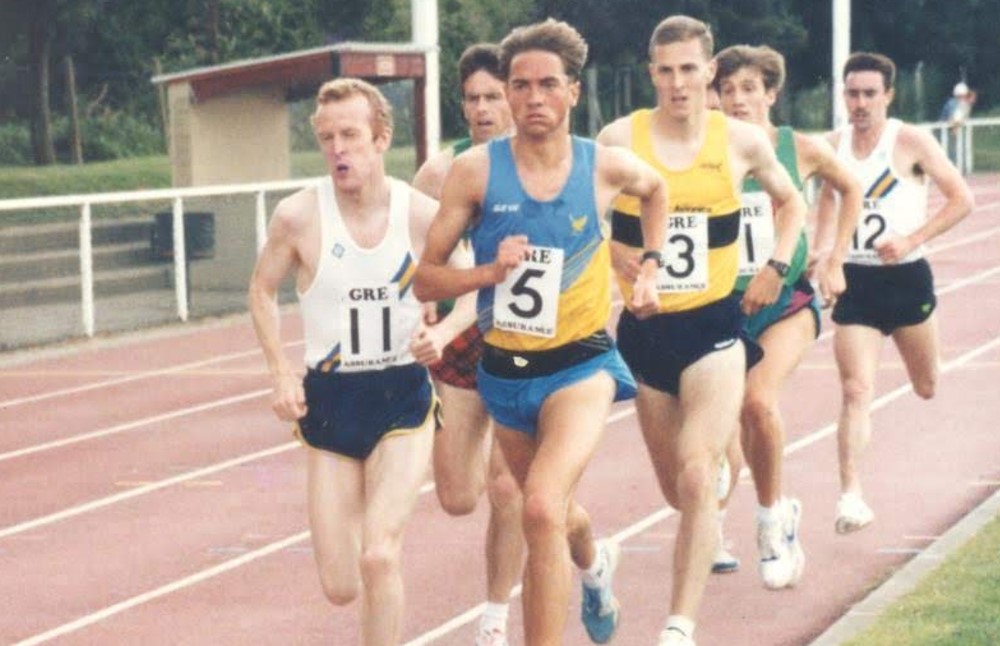There follows a guest post by retired dentist and Daily Sceptic contributor Dr. Mark Shaw, who says that just as dentists are taught to intervene as little as possible and trust the human body, public health experts should heed the same lesson.
As well as dentistry, sport has played a big, happy part of my life. Athletics, cross country and squash mainly but also many other competitive sports. So I was relieved to find that, following a long spell on the NHS waiting list, I wouldn’t need a hip replacement after all. I’d used the waiting time to do as much research on hip physio as possible and found that my mobility was improving steadily and significantly. My experience and knowledge of sports injuries through intense training and competing for my country had definitely helped.
When I sat down with the consultant for the assessment of my hip I described the progress made and how keen I was to avoid, or at least put off, an operation. The consultant orthopaedic surgeon seemed happy with my attitude and said that nothing would improve on my original hip and that, no matter how bad the hip looked on the X-ray, as long as I could function and manage the pain, I should avoid surgical treatment and continue with my physio and general health measures. Happy days!
This experience reminded me of my own profession (including its history) and the training involved and how medical science has responded to Covid.
In the early years of training we were taught about the ‘old’ treatments and how advances in technology had changed the way we removed decay and designed restorative work (fillings, crowns and bridges etc.). After qualifying and through the years this theme continued. Restorative work involves working out how little, if any, healthy tooth tissue you can get away with removing. All our technology and materials still can’t beat the real thing.
Prevention of the causes of gum disease and tooth decay through education is therefore the most important aspect of dentistry in my opinion. Appropriately frequent monitoring (check-ups) – and treatment as a last resort.
These principles could equally be applied to just about every branch of medicine including infectious diseases and our immune systems. When Covid emerged the panic that set in should not have perverted previous scientific evidence regarding lockdowns, mask wearing, social distancing, testing and recording of ‘cases’. Equally, the panic should not have rushed the medical profession into vaccination. All the evidence was clear from the start that our immune systems were not broken save for the very elderly and vulnerable and the already severely ill. Those that fitted this description were very much in the minority (representing a tiny fraction of the world’s population) and may even have had undiagnosed compromised immune systems.
A few months ago I noticed that someone who had always said ‘hello’ or nodded politely as we passed in the street or in the shopping centre was turning away every time we neared each other. After a few weeks of this happening I asked him if there was anything the matter and he said it was because I hadn’t had the vaccine. He immediately turned away again and I didn’t attempt to respond.
I like to think that those of us who have refused the vaccine aren’t extreme conspiracy theorists, anti-vaxxers, troublemakers, or ignorant and selfish. We just want to be as careful as we should be in deciding on any medical treatment. We don’t want to try something we might later regret. We don’t want to be pressured into any particular decision and we don’t want to fix something that’s not broken!
Image: Dr. Mark Shaw (No. 5) in younger days when the hip caused no problems.











To join in with the discussion please make a donation to The Daily Sceptic.
Profanity and abuse will be removed and may lead to a permanent ban.